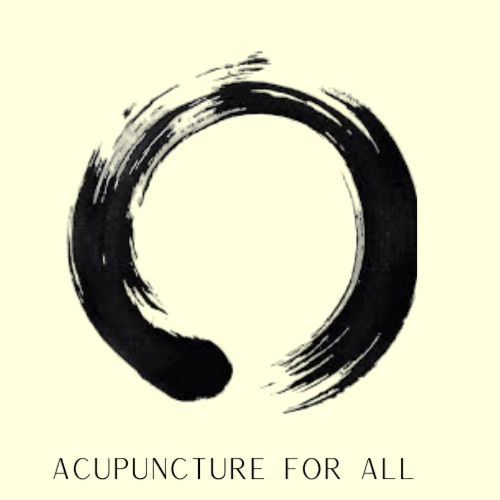How does Acupuncture Work?
• Acupuncture points cover the entire body similar to the circulatory system and nervous system.
• Each point, when activated, has a distinct effect on the muscles, joints, systems, and organs of the body.
• Some points are used to reduce pain and inflammation and speed healing. Other points may strengthen the immune system, digestive or respiratory system.
• There is very little sensation with the acupuncture needles because they are only slightly thicker than a strand of hair.
• The needles are sterile, used only once, and disposed of afterward.
How much treatment will you need?
Treatment depends on the type, duration, and severity of your health issues.
To be effective, acupuncture requires a series of closely-spaced consistent treatments.
You cannot evaluate progress after only one or two treatments.
Some health issues can be treated effectively with two treatments per week for a few weeks.
Severe or chronic health issues may require more intensive treatment over a longer period.
Acupuncture has many positive “side effects” like improved mood, energy, sleep, and mental concentration.
Click any condition below to read about how acupuncture can help!
Acupuncture Research
• Bone, Muscle, Joint, Pain: arthritis, neck and shoulder pain, back pain, lower back , bursitis carpal tunnel, elbow pain, foot pain, orthopedic bone conditions, sprains, strains, tendonitis, athletic injuries, TMJ
• Addictions: alcoholism, drug addiction, eating disorders, smoking cessation
• Cardiovascular: hypertension, high blood pressure
• Dermatological: acne, eczema, herpes, psoriasis, sweating
• Emotional: anxiety, autism, depression, stress, tension headaches
• Eyes-Ears-Nose-Throat: ear infections, eyes, macular degeneration, sinusitis
• Gastrointestinal: acid reflux, irritable bowel syndrome IBS, digestive disorders
• Reproductive: endometriosis and fibroids, female or male infertility, low libido, menopause, menstrual problems, polycystic ovarian syndrome, pregnancy and postpartum care, PMS, male sexual dysfunction and impotence, female sexual dysfunction
• Infections: bronchitis, candida, cold and flu prevention, cold treatment, vaginal infections
• Internal: chronic fatigue, diabetes, fibromyalgia, high blood pressure, lupus, obesity, weight loss, prostatis & pelvic pain, urinary problems, cystitis
• Neurological: dizziness, insomnia, migraines, headaches, neuralgia, shingles, stroke
• Reproductive: endometriosis and fibroids, female or male infertility, low libido, menopause, menstrual problems, polycystic ovarian syndrome, pregnancy and postpartum care, PMS, male sexual dysfunction and impotence, female sexual dysfunction
• Respiratory: allergies, asthma, pediatric asthma, emphysema, seasonal allergies
• Other: cancer, ,AIDS, hepatitis, pediatric, pregnancy, nutrition, athletics,
